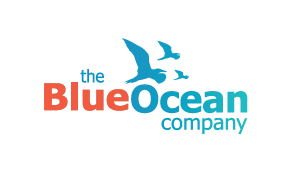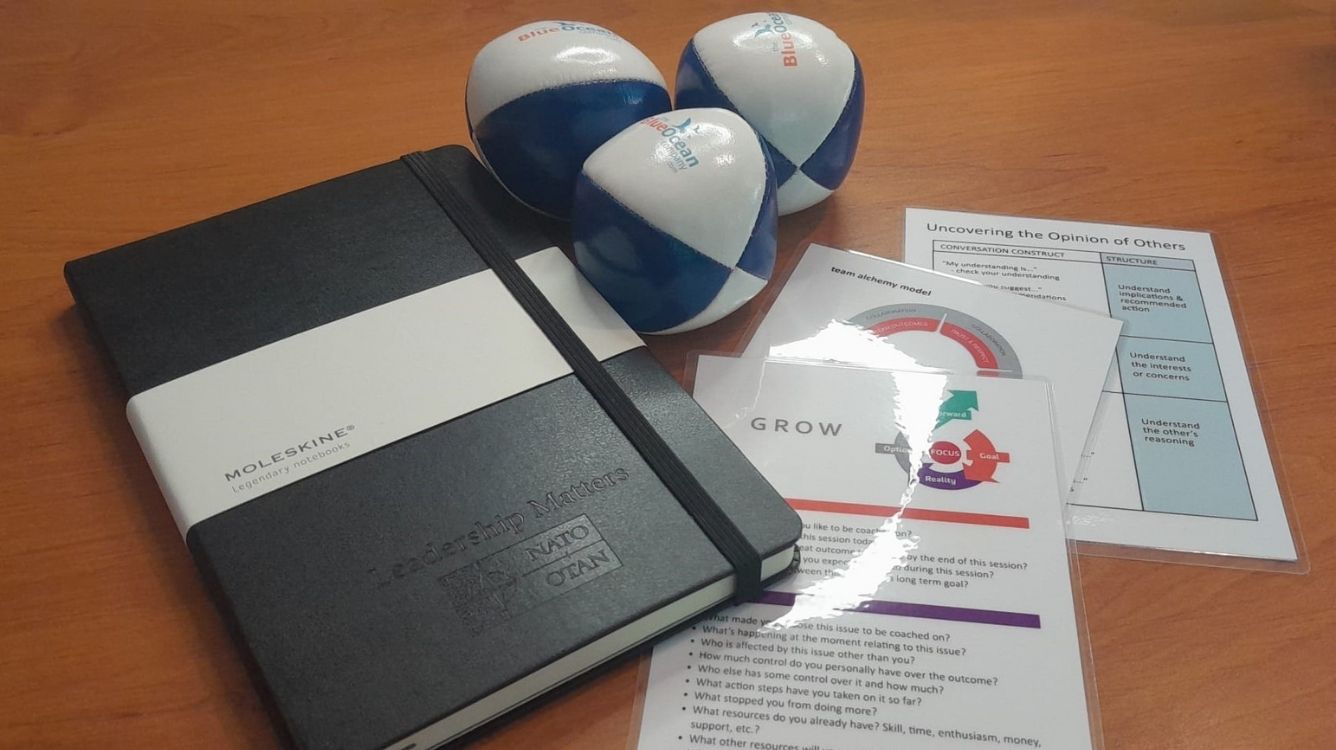AkzoNobel Impact Study

Making Virtual Learning Come Alive
AI is an incredible enabler — but engagement, curiosity, and collective insight still flourish most when a skilled facilitator is present.
Developing virtual design and live online facilitation skills is no longer optional. It’s essential to ensure learning is human, dynamic, and impactful — even through a screen.
Find out how to build your internal team’s capacity, or bring in our expert facilitators to design and deliver live online sessions for you.
Making Virtual Learning Come Alive
Developing Exceptional Virtual Design and Live Facilitation Skills
To support AkzoNobel’s strategy to be more agile and innovative, a company-wide programme needed to be rolled out globally to around 15,000 employees worldwide. This meant that for some audiences, this the Agile Learning Programme would need to be delivered entirely virtually.
As Head of Agile and Digital Transformation, Nina Maldonado was keen to design this virtual programme and upgrade the facilitation skills of her team so that they would be able to support this strategically important virtual roll-out.
The Blue Ocean Company was commissioned, because of their in-depth expertise in virtual design and facilitation, to deliver a fully customised workshop featuring six sessions for her team.
The workshop combined theory, practice, and reflection in a highly interactive and experiential way. A series of unusual and distinctive features made this initiative stand out.
Nina Maldonado, programme sponsor and Former Head of Agile and Digital Transformation, explains:
“I needed to skill-up my team to facilitate global virtual workshops in an engaging and impactful manner.”
Adaptive Design
One of the most distinctive features of the workshop was its adaptive design approach. Rather than relying on a fixed curriculum, The Blue Ocean Company facilitators dynamically shaped each session in real time, responding to the evolving needs, questions and experiences of the participants.
This “design-in-delivery” method meant that each session became a living process—relevant, responsive, and deeply connected to the team’s day-to-day challenges.
Participants experienced firsthand what agility looks like in learning design, mirroring the very principles of the Agile transformation they were driving across AkzoNobel.
Less Theory, More Practice
More than 50% of each session was dedicated to ‘learning by doing’, allowing participants to experiment in real time and receive immediate feedback.
Each participant was required to design and facilitate multiple micro-sessions ranging from two to twenty minutes, applying new tools and techniques while receiving immediate, structured feedback from peers and facilitators.
This iterative learning cycle—observe, apply, reflect, refine—proved to be one of the most valuable elements of the workshop, creating a safe space for experimentation and growth, building both competence and confidence in real time.

Voice Mastery
Recognising that voice is one of the most powerful tools of virtual facilitation, a professional voice coach led a dedicated session on vocal presence, tone and expression.
Participants gained new awareness to how facilitators can project energy, warmth, and authority through a screen. Participants learned practical techniques to modulate their voices, manage breathing, and sustain attention.
Application Intervals
The workshop’s two-month structure, with deliberate intervals between the six sessions, allowed for continuous learning and application.
Participants were encouraged to test new techniques in their daily virtual meetings, then return to the next session to reflect and refine.
These action gaps created natural cycles of experimentation, feedback, and growth—turning the training into a lived experience rather than a one-off event.
This spacing effect significantly increased knowledge retention and sustained behavioural change.
Reflective Learning Journals
To deepen learning retention, every participant maintained a personal learning journal throughout the two-month journey.
These journals served as private spaces for reflection, insight capture and self-assessment, encouraging participants to connect theory with practice.
In the final session, participants shared short excerpts from their journals, turning individual reflection into collective learning. This element fostered a sense of ownership and continuity, ensuring that learning extended far beyond the virtual classroom.
Impact
The transfer of learning was immediate and tangible. Participants reported feeling “fully equipped” and “confident” to facilitate global virtual workshops within weeks. The combination of experiential practice, reflection, and feedback cycles ensured that learning stuck.
Moreover, Nina’s team received excellent feedback from their internal clients, the Agile Awareness participants across the globe: “you managed to keep us really engaged in the virtual space”. Nina: “Our team fully achieved our objective!”
“The Blue Ocean Company’s innovative design, professional facilitators, and impactful workshop equipped my team with the virtual facilitation skills we needed to fully achieve our objective. The sessions were insightful, engaging and practical, and we left ready to facilitate and engage virtually with thousands of colleagues across AkzoNobel.”



